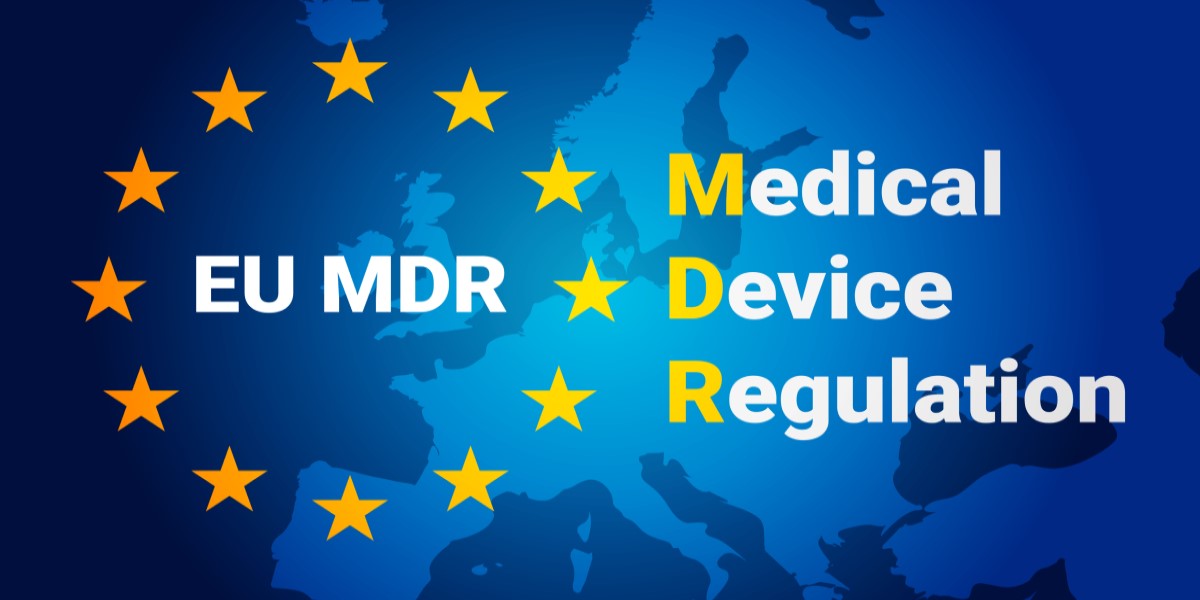Welcome to our latest electronic component market review.
Unfortunately, conditions are still not improving and are set to continue in this way into 2019.
If you are working with an Electronics Manufacturing Services (EMS) provider it remains vital that you communicate and share forecast information with them. We wrote a blog post back in May (you can read it here) with 6 more ways in which you can help mitigate the risk.
Read on for an in-depth review of the electronic component marketplace as of July 2018.
Current market conditions
- Pricing and product availability is still our biggest issue in the electronic component market, with many MLCC lines on allocation, and chip resistors seeing extended lead-times.
- It is not only the resistor and capacitor market that is struggling, semiconductors and memory are also affected.
- Capacity issues are being attributed to the increased demand on sensor and wireless technology, along with the increased production on smart phones.
- iPhones and Samsung smartphone are demanding over 800 MLCC’s per device.
- An average petrol/diesel car has over 2,500 MLCC’s with an Electronic Vehicle using in excess of 10,000 MLCC’s alone.
- The USA has imposed a 25% tariff on items of industrially significant technologies.
Key capacity and lead-time issues
- Although many product lines are on allocation, there is still product flowing into the marketplace. Unfortunately, the issue relates to the instability of pricing and the amount of product distributors are receiving from the manufacturers.
- MLCC shortages have been reported to extend into 2020, with many manufacturers looking to invest in smaller device capacitors only such as 0201, 01005 and 008004 case sizes.
- Murata are suggesting larger case size MLCC’s such as 0603, 0805 and 1206 are ‘not recommended for new design’ with a view to making these obsolete from the end of 2018 onwards.
- Murata are no longer focusing investment on legacy product.
- Infineon lead-times are lengthy and there is little free stock in the market.
- Lead-times and stock availability across the market cannot be guaranteed, with lead-time changing frequently. Murata are experiencing 60% more orders than their production output is capable of and to put things into perspective, they are currently shipping 145 billion MLCC lines a month.
- Cypress NOR Flash and NAND Flash lines are on allocation. SRAM is stable with lead-times slightly decreasing. Cypress are expected to see additional capacity online from Q3 onwards.
- NOR and NAND Flash are suffering the most across the market.
- Tantalum capacitor lead-times are slowly increasing, as people look to move away from MLCC’s and utilise other technologies.
- Texas Instruments 16-bit MCU’s are reported to have increased lead-times by over 30%.
Pricing uncertainty
- Yageo have had two price increases already in 2018 with more to follow and have been holding auctions for stock in Asia.
- Murata are still holding discussions about a price increase on their MLCC lines.
- AVX pricing is very unstable and appears to be increasing with each shipment, pricing is valid for stock on that day only.
Manufacturer mergers
- Toshiba’s deal with Bain Capital has now been completed with the deal being worth $18 billion.
- Qualcomm and NXP are waiting for Chinese approval of the $44 billion merger.
- The Microchip and Microsemi merger has been completed with 99.5% of shareholders backing the deal.
PCB Technology
- Copper pricing peaked a little over $7,250 per tonne in Q2 but has fallen back to just under $7,000 per tonne at the end of Q2



